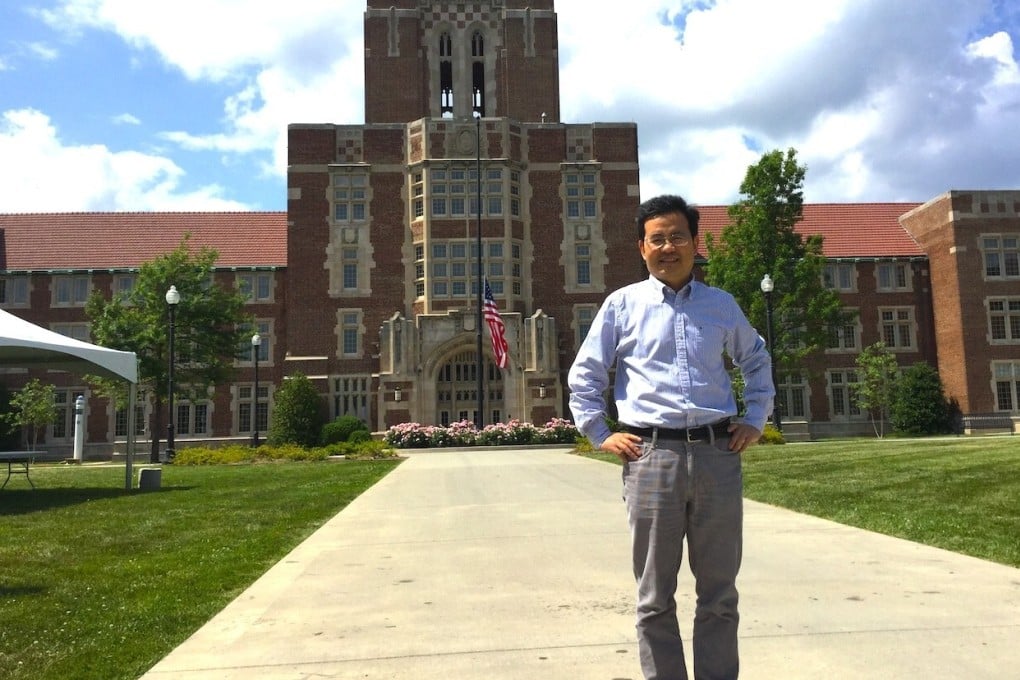US to retry University of Tennessee professor on fraud charges following mistrial, drawing outcry
- Case against Hu Anming was one of the Justice Department’s ‘China Initiative’ prosecutions of economic espionage activities considered national security threats
- That programme has been assailed for racial profiling, and 89 members of Congress called on Attorney General Merrick Garland to investigate it

The US Department of Justice will retry a fraud case that ended in a hung jury against a former University of Tennessee professor accused of lying about ties to a Chinese university.
In a federal trial last month in Knoxville, Hu Anming – a tenured professor at the university’s department of mechanical, aerospace and biomedical engineering – faced charges of wire fraud and making false statements for hiding his relationship with the Peking University of Technology in grant applications he had made to the National Aeronautics and Space Administration.
But that trial ended on June 16 after the jurors said they could not reach a verdict. Federal District Judge Thomas Varlan declared a mistrial, and the government had until Friday to decide whether to retry or drop the case.
The department did not release a statement about its decision, simply filing a notice of intent to retry Hu with the Knoxville court and requesting a status conference to schedule the retrial.
Asian-American groups were not quiet in their objections. “What the federal government has done today is confirm an utter disregard for justice and our democracy,” said John C. Yang, executive director of Asian Americans Advancing Justice.
“This trial has exposed the deeply problematic investigations, surveillance, and prosecutions of Asian-Americans and Asian immigrants,” he said.